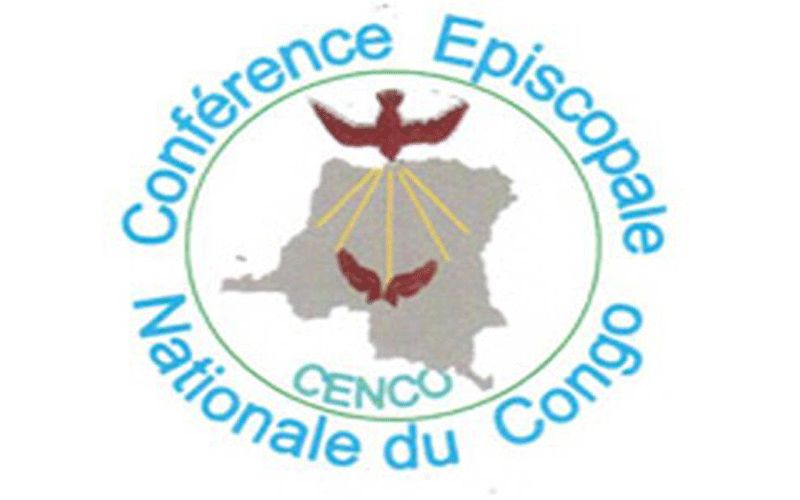Kinshasa, 17 January, 2020 / 9:07 pm (ACI Africa).
The General Secretariat of the Episcopal Conference of the Democratic Republic of Congo – DRC – (CENCO) has denied claims that a bank institution affiliated to the Catholic Church together with other banks in the central African nation are disrupting the payment of money allocated to schools in the country.
The controversy is centered on the claims by Congo Teachers' Union (SYECO) that banks and Caritas DRC have been disrupting the payment of operating costs allocated to schools within the framework of free basic education, mediacongo has reported.
According to SYECO Secretary General, Cécile Tshiyombo, banks require as a prerequisite, the presentation of the decrees for the creation of schools.
“We went to a meeting with the banks where we agreed that schools can even be paid with pay lists. But when you arrive at a bank, the headmaster or the teacher delegate is obliged to present the decree or the decree signed by the head of state creating the school. It's absurd,” Ms. Tshiyombo explained in an interview with Radio Top Congo.
As for Caritas DR Congo, “it simply doesn't pay the running costs to public schools,” she said and continued, “With Caritas it's serious! If we take Boende, Lisala, Mwenga, Caritas doesn't pay the money. It says the Congolese state has its debt. I've never seen anyone take justice into their own hands.”








